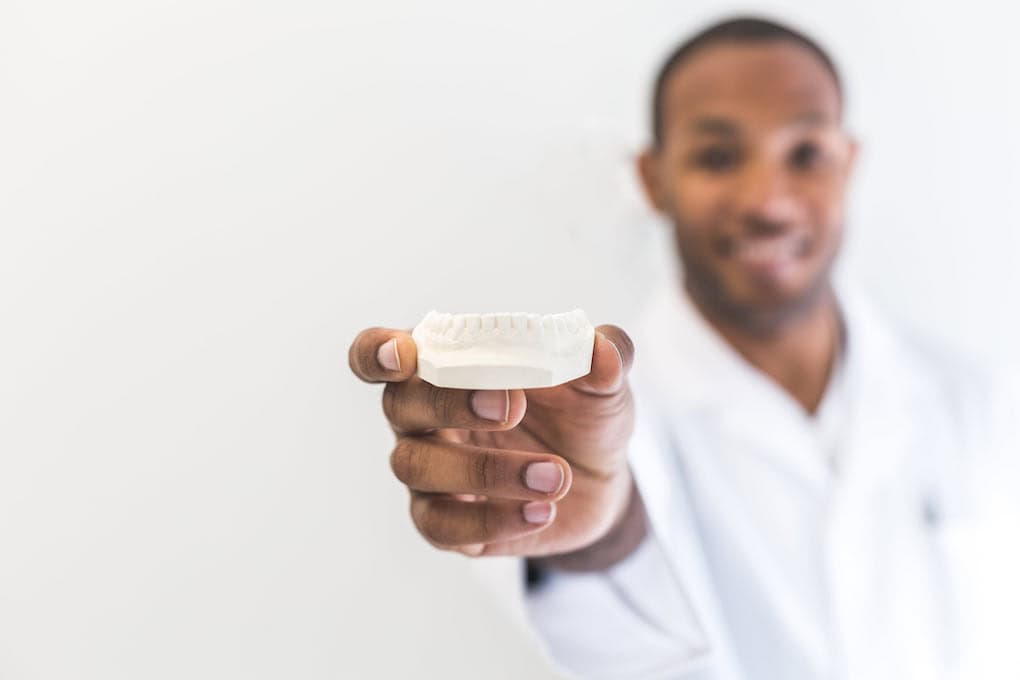
October 24, 2023
Top Dental Practice Valuation Questions: The Insurance Edition

Your dental practice’s value consists of a range of factors. Much like how no two dental practice are the same, valuations are not one-size-fits-all. Instead, there are specific aspects of every dental practice that may impact the value in different ways – including insurance. While there are a few hard and fast rules to keep in mind with how insurance impacts your practice’s valuation, this blog is here to act as a jumping off point of potential areas worth exploring to increase your practice’s value. Business Valuation Specialists Jess Williams and Mark Frazzini share some ways insurance can impact a practice’s value and desirability.
How can insurance impact your practice’s value and desirability?
Insurance is a scale, and it often depends on the location you’re in and the type of dentistry you do. For example, being a fee-for-service (FFS) practice is usually advantageous for most doctors; however, that’s not always the best fit for every community. Typically, we see that it may serve you to be a FFS practice in an area that has a high median household income because it can offer more growth.
In other communities, say in areas with a reduced median household income, you’ll expect to see PPOs and medicaid more widely accepted at practices. For many practices, it’s not advantageous to have a high medicaid acceptance; however, it does present the opportunity to potentially see and help more patients than if you’re only accepting FFS.
It really boils down to studying the area in which your practice is located. By understanding the needs of the community, you’re able to select the insurance breakdown that can most benefit your patients and your practice.
The types of insurance you accept can also depend on your specialty. For example, pedodontist may have a higher percentage of patients with Medicaid because it’s common for families to use it. Whereas, a cosmetic dentist who may have a higher percentage of fee-for-service offerings because many of the services provided are elective treatments. While it’s possible that you collect a range of insurance types, it’s important to understand the amount of each insurance type you accept at your practice. That will be a larger consideration when it comes time to receive a practice valuation.
What kinds of insurance are best to accept, and which are less profitable?
It all comes down to renegotiating reimbursement rates with your in-network insurance providers. If a big company in your area offers employees a certain insurance, it’s in your benefit to accept that insurance to get more foot traffic in your door. On the other hand, Medicaid has rigid reimbursement rates, so while you may receive a higher volume of patients, you will receive less return on your investment. Your production-to-collection ratio will be much different than another practice and, therefore, put a ceiling on where your practice can go.
What’s next?
Every dental practice valuation is unique, which is why PTS uses a proprietary formula that is more accurate than the rest. Contact the experts at PTS to get the process started today.
